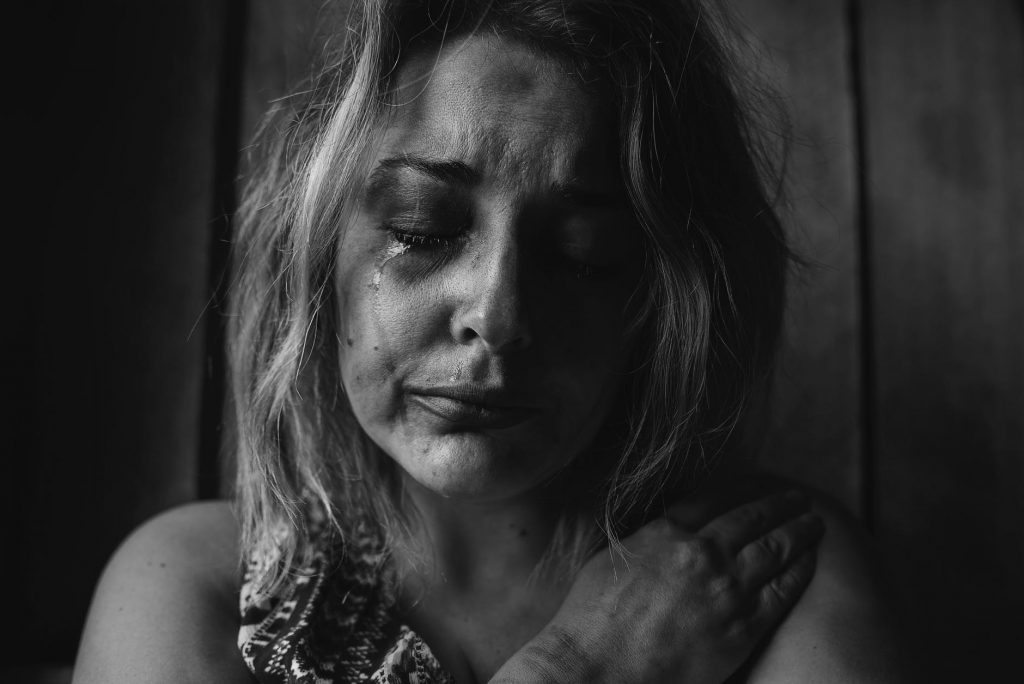
A picture is building through continuing research that if someone has been diagnosed with bipolar disorder and they abuse drugs and alcohol they are far more vulnerable to experience dysphoric mood states and likely to endure a worse course of illness than others.
Another consequence of bipolar abuse and substance abuse is that this combination tends to result in a greater need for hospitalization and treatment at a drug and alcohol rehab center.
It is not yet fully understood why people with bipolar disorder have a greater propensity toward experiencing substance abuse issues. What is already known is that alcohol and drugs often have the impact of worsening bipolar symptoms.
Here is a look at the likely connections and how regular substance abuse can actually induce bipolar disorder.
Radical shifts in mood make bipolar more vulnerable to addiction
It is often the case that someone who has been diagnosed with bipolar disorder will experience some wild swings in their mood. If you or someone you know has been dealing with rapid mood changes and wants more information or to ask questions contact a rehab center near you.
Often referred to as episodes, these changes in mood can last for a matter of days or even weeks.
When this happens it can cause someone who is bipolar to consider abusing drugs and alcohol as a way of relieving the symptoms they are experiencing.
These episodes tend to be characterized as follows-
Manic episodes cause someone who is bipolar to be either extremely happy or excessively hostile, with no middle ground in behavioral terms between the two extremes.
Hypomanic episodes are often shorter in duration but otherwise similar to a manic episode.
Depressive episodes often last longer than a couple of weeks and can easily lead to alcohol or drug abuse as a coping mechanism.
Mixed episodes are a combination of all the other traits.
Induced changes in the brain
Another way to look at the connection is the other way around where frequent drug use can actually induce bipolar disorder.
The reason for this is that taking drugs on a regular basis can create physical changes in the brain, especially the reward system.
This can lead to the sort of compulsive behavior that signifies an addiction problem. Basically, drugs have the capacity to rewire the brain and induce the onset of bipolar disorder.
The need to self-medicate
A person with bipolar disorder is quite likely to turn to drugs and alcohol as a way of self-medicating to treat their symptoms.
Although the substances taken appear to give the impression that they are easing the problems attached to suffering from manic and depressive episodes it is only a short step away from creating an addiction problem when alcohol or drug-taking increases as a coping mechanism.
It is actually quite challenging to diagnose bipolar disorder in someone who has an addiction.
The reason for this is that many of the symptoms associated with drug abuse and alcohol addiction are almost identical to the way someone who has bipolar disorder will behave when they are experiencing an episode.
Treating bipolar disorders and addiction problems often involves tackling both issues simultaneously and require professional intervention to help achieve a positive outcome.